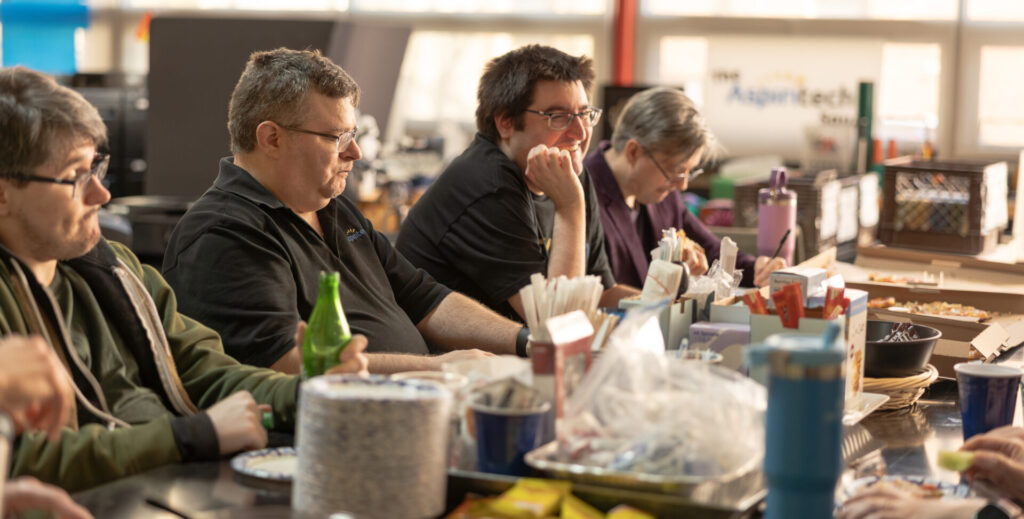Shared from Built In Chicago
Brenda Weitzberg knows firsthand the value of a neurodiverse workforce.
Her software QA and testing company, Aspiritech, has become one of Chicago’s fastest-growing tech startups — in large part because of her team, which almost entirely consists of people on the autism spectrum.
“We’ve found that the strengths of [individuals with] autism, such as focus, attention to detail and strong visual processing skills, really align well with the needs of software testing,” said Weitzberg. “Autism in this case is really a good vocational fit.”
Weitzberg founded Aspiritech with her husband, Moshe, in 2008 after watching their son, a college graduate with Asperger’s, struggle to obtain and maintain a job that fit both his education and strengths.
They were inspired by the story of Specialisterne, a Danish software testing and development firm founded in 2004 that employs people with autism spectrum disorder.
“It was a struggle in the beginning,” said Weitzberg. “We weren’t independently wealthy and couldn’t get seed funding. We started with nothing — I think you guys call it ‘bootstrapping’ — but that was probably the best thing for us because we grew organically and learned.”
In 2014, an uptick in client referrals helped the company’s revenue exceed the philanthropic contributions it received for the first time. Weitzberg said the company expects revenue for 2018 to land somewhere between $3 million and $4 million.
Aspiritech’s client list includes Bose, Zebra Technologies and Empire Today.
“Several of our clients have closed down their overseas facilities and brought that work to us,” Weitzberg said. “We work faster and better and we are more affordable. We’re also in the same time zone and we speak the same language.”
Aspiritech has steadily grown its team to keep up with the influx of new work. Ten new analysts have been hired in the past two months, pushing the company’s total headcount to 85 people, of which 75 are on the autism spectrum. The company has added a second floor to its Highland Park headquarters and is opening a satellite office in Chicago this year.

Prospective hires go through a two-week training course in QA and software testing, with classes averaging seven people, five of whom typically receive offers. Once hired, employees also receive on-the-job training and coaching.
An in-house support staff, which includes a part-time social worker, helps employees deal with bouts of anxiety or depression. Aspiritech also hires neurotypical employees and offers them special training.
About 35 percent of employees work 30 to 40 hours a week. Weitzberg said the company’s goal is for everyone to be able to work full time, earn a living wage and work their way up through the company.
“We’ve had 12 people move on and join other companies, including a person who accepted a job at Apple,” Weitzberg said. “But people have grown within the company too. Eight of our senior QA analysts came up through the company.”
As Aspiritech enters its tenth year, Weitzberg said she wants the company to become part of a wider Chicago neurodiversity hub where people can launch their own startups and receive job training — “an 1871 for neurodiversity” as she calls it.
“Too many talented individuals are sitting in their parents’ basements playing video games with no hope for a better future,” she said. “We have talent here that can be put to work and improve the business community.”

